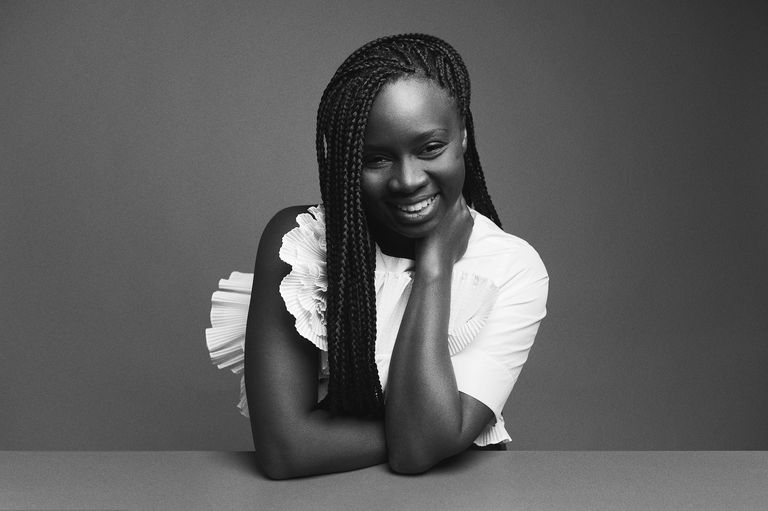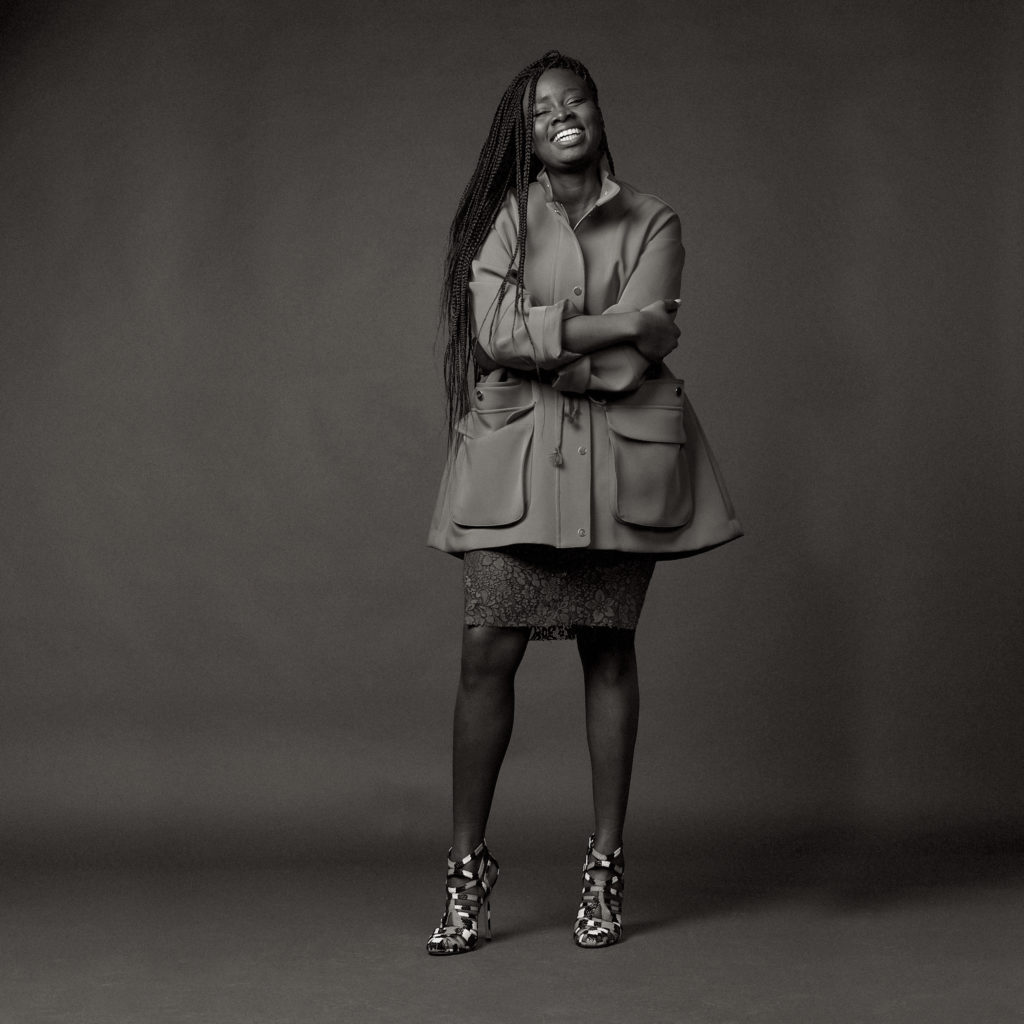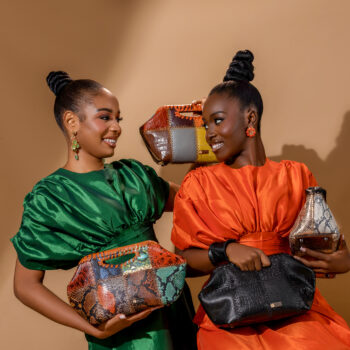
Last week, Sarah Diouf took to Instagram to reflect on her journey as a designer and a creative. The Insta-short story was poignant and probably strikes a chord – with creatives in the diaspora and on the continent alike.
Feeling like you’re treading water even if you’re working hard (sucks, we’ve all been there). This powerful ode to homecoming is one you should definitely check out.
See the 7 – Part short below:
Breathing on the other side of the ceiling. — A short story by Sarah Diouf.
On this very day last year I was permanently moving into my new home, in Dakar. I
never made a so called official announcement because I didn’t see the point ; it was a
private transition triggered by personal reasons and I never felt the need to market it as
another story of a returnee who left an incredible life/job behind to build something
greater in Africa ; I think plain stories like these make it seem easy when it’s actually not— at all.
My life was just okay, I had a cute roof over my head, food in my fridge, my bills were
paid, and my work consisted in creating imagery with the most amazing team on a daily basis.
Yet, I was hustling way too hard to ‘make it happen’ in a space where few have the skills
I developed over the years.
I left Paris because despite the talent, the hard work and the network, I reached a glass
ceiling that can never break under the weight of talent, hard work and network — of
people like me : a smart and young Black African girl.
Running out of breath from always doing more to prove all I could do when it didn’t
matter, I ended up suffocating.

If I always knew I would come back home, it was never really planned, it just happened. I
remember waking up one morning of September, two exhausting Paris Fashion Week
days in, and texting my mum ; « Je rentre a Dakar en Décembre Maman ». To which she
replied « Okay ». Cause parents always know.
In 2 months, I wrapped up all I could and that was it. Peace out Paris.
I didn’t tell all my friends, only those I would see regularly. But I had one deep
conversation with one of them I felt were or would end up in the same mental space at
some point :
We’ve got education, we’re chameleons, we know how to move in the lowest as in the
highest spheres, we got what it takes, but it will always be more difficult for us to get
there. Why can’t we reach the top of the pyramid when we’re actually the ones keeping it
still? We’re busting our asses everyday for what? An average of 3K to end up living in a
35sqm and call it an achievement. 1 bottle in, we think we’re living our best life when the
DJ plays our song / and the whole crew is here / the party so lit.
But is it? When you open your eyes the next morning and all you see is the four walls your energy and mind are paying for. Seriously, what are you really fighting for? »
I know, I know, all African countries don’t have the same infrastructures / are hard to live
with certain mentalities / and the list goes on. But if we don’t go and at least try… I know I won’t be able to live with myself if I don’t try, and I can’t keep fighting in a space where
growth is not an option for me anymore.
And then there is a fracture. Because the sacrifice or blessing of leaving everything and
everyone behind is seeing the bigger picture not only for me, but for themselves and not
understanding why those who can afford more still chose a blind suffering.
On this very day last year, I moved back to my country of origin that I knew the least*,
and even though for many reasons, it wasn’t a candy party, it was and remains one the
best life decision[s] I took in a very long time.
Because of @tongorostudio, I had somewhat one foot in the water already, coming back
and forth for the past year, but settling down permanently was a total different story.
As far as work, I have learn tangible business lessons that I now live by, but more
importantly, I found my purpose, my direction, my pace and my place.
If I needed to show more and show it all to prove that it has been done, I now more than
ever believe in the art of a quiet building.
Somewhere deep inside, I always knew I didn’t come this far to only get this far, yet
without knowing home was truly the right space for me ; a space and place where
everything is truly possible when talent, hard work and network come together. And if it
sounds too good to be true, watch me, and all the others who like me, dared to breathe
the air on the other side of the ceiling.’
About Sarah Diouf
In 2009, Sarah Diouf launched Ghubar, an online fashion & culture magazine highlighting the emerging creative scene she felt was not represented enough by mainstream media, her first step towards creating a larger platform to celebrate African women and fashion. In 2011, she won a UK Cosmopolitan Fashion Awards for her work with the magazine.
Raised in Cote d’Ivoire by parents of Central African, Congolese and Senegalese decent, Sarah Diouf is fiercely African and embodies the spirit of her brand ; today, the 29 year-old entrepreneur runs Tongoro, an online fashion brand making waves as the first affordable clothing Made in Africa – as well as Ifren Media Group, a company gathering all her creative and publishing works including Noir ; a premium fashion & lifestyle magazine for Black women.
This is definitely a sharp contrast to the ‘the grass is ALWAYS greener overseas’ narrative we tend to hear on the continent. We love how beautifully Sarah expressed these complex (and often conflicting) feelings.
Does this resonate with you? Sound off in the comments below.




